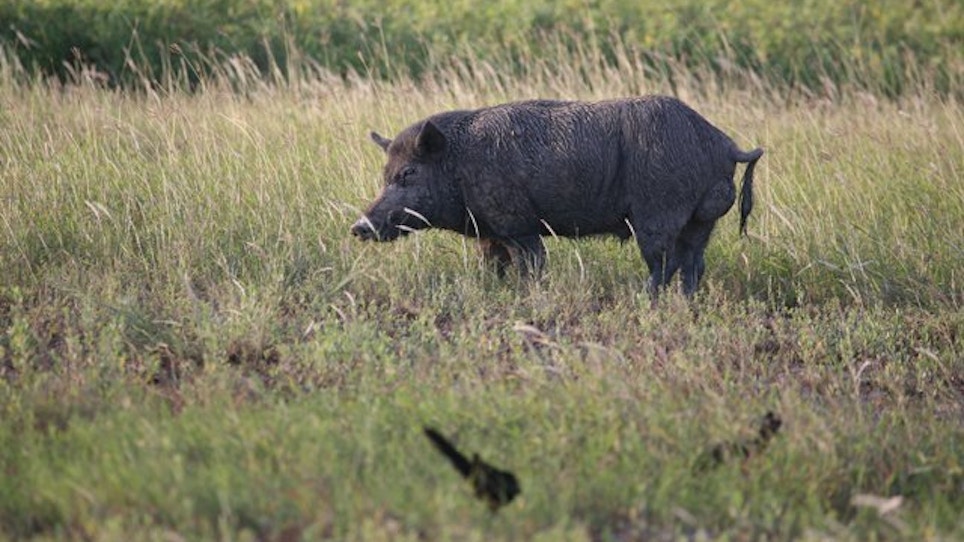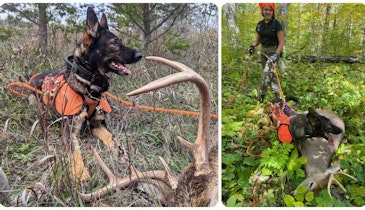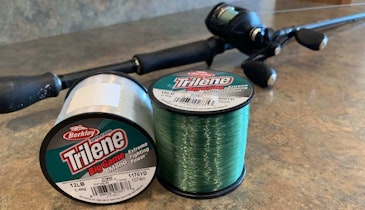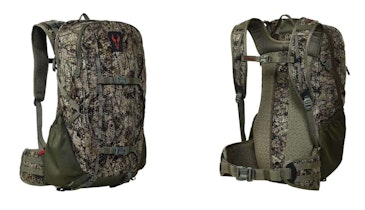SAN ANTONIO (AP) — A flamboyant figure in Texas politics who is running for the post of agriculture commissioner said the state could boost revenue, create jobs and hedge against the rising cost of meat by expanding its hog-harvesting program.
Best known as a singer and humorist, Kinky Friedman described the state's fast-growing boar population as an untapped industry, according to the San Antonio-Express News.
He faces insurance agent Jim Hogan in a Democratic runoff election May 27, his third run for statewide office.
“If you are going to kill a bunch of feral hogs, let's at least do it for a profit and business for the state,” Friedman said, adding that the meat tastes “quite good.”
Some food banks, small grocery stores and restaurants in Texas and elsewhere in the U.S. sell the meat, which the Texas Parks and Wildlife Department describes as “tasty” and lean.
In the opinion of Texas A&M professor and wildlife specialist Billy Higginbotham, the more hogs that are butchered, the better. Feral swine destroy crops, transmit diseases to livestock and threaten highway drivers with major collisions, he said.
Currently the state acts as an unpaid middleman, buying live boars from landowners and trappers at 100 buying stations across the state. The Texas Animal Health Commission has guidelines for baiting and snaring feral swine and transferring them to approved holding pens. The hogs are inspected by the U.S. Department of Agriculture before being slaughtered and sold for human consumption. Between 2004 and 2009, about 460,000 hogs in Texas were captured, slaughtered and sold, according to Higginbotham.
The hogs, which range in weight from 60 pounds to 200 pounds, sell for about 30 cents per pound, but the state does not tax or earn revenues from the transactions in the buyback program.
“Texas is literally able to make a silk purse out of a sow's ear,” Higginbotham said.
Friedman says the state should broaden the program and take a profit. Hogan opposes the idea.
———
Information from: San Antonio Express-News, www.mysanantonio.com






